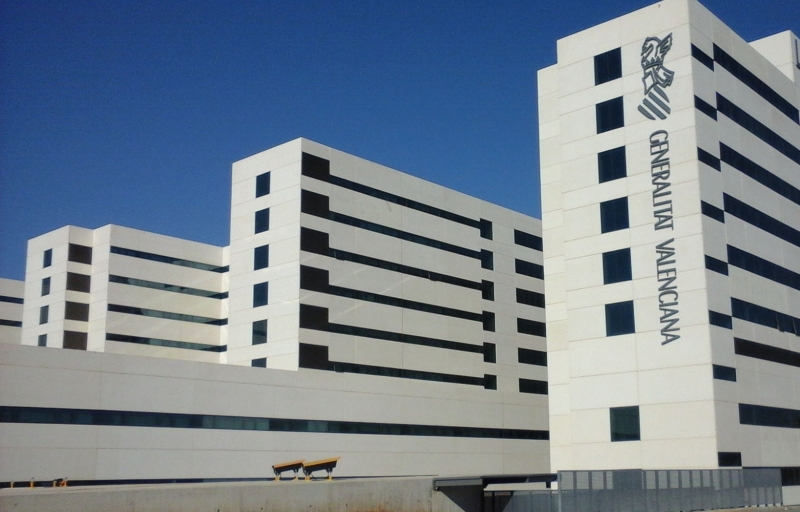



|
|
| Address | Av. Fernando Abril Martorell, nº 106 Torre A, 7ª. 46026 Valencia Spain |
|---|---|
| Platforms | ATMP & Biological, Biomarkers, Imaging & Tracing |
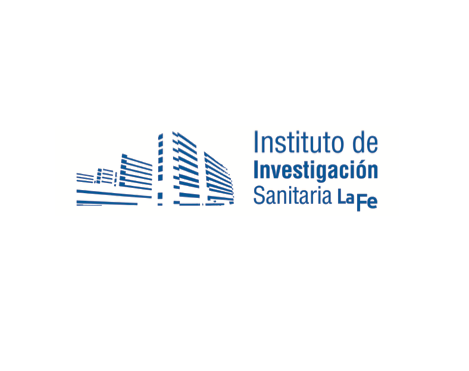
The Medical Research Institute of Hospital La Fe (HULAFE, www.iislafe.es) is a non-profit organisation that carries out the scientific and research policy of the “La Fe” Health Department. The research of excellence carried out at the HULAFE is patient-oriented and was accredited as a “Health Research Institute” by the Spanish Ministry of Science and Innovation in 2009.
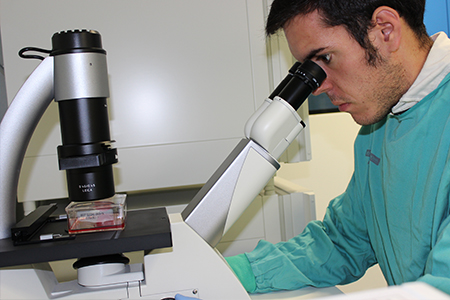
The HULAFE offers scientific and technological services and has more than 10,000 m2 of clinical and research laboratories to undertake research programmes based on state-of-the-art biomedical science, which aim to promote our five priority research areas:
1. Organ Transplants, Artificial Tissues and Implants
2. Cancer
3. Genetics, Genomics and Translational Research underlying disease mechanisms
4. Experimental-Clinical Research in Neurology
5. Clinical, Epidemiological and Pharmacological Research
6. Technological Research in Biomedicine and Health
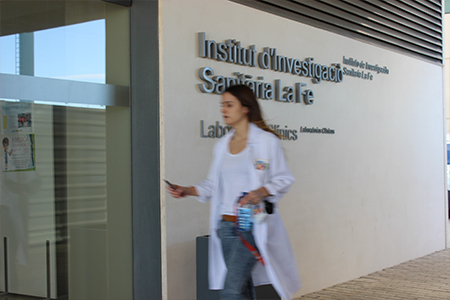
The HULAFE comprises multidisciplinary and complementary research groups with consolidated expertise in cellular and molecular biology, cell culture, functional analysis imaging, “omics” and clinical research. All groups have a solid scientific background, critical mass, organization and sustainability by competitive national and international calls as well successful interactions with the private sector.
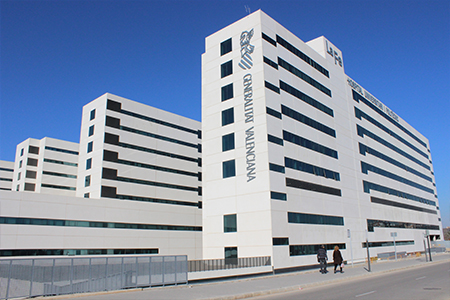
The accredited research groups have a unique combination of biochemists, cell and molecular biologists, clinicians, surgeons and patient care personnel capable to tackle a complex research objective in the biomedical sector. The research groups included in this Executive Summary are part of “Accredited Research Groups” according to HULAFE corporative and established standards integrating junior and senior physician and basic researchers with an outstanding track record of publications and translational oriented research.
Institutes' Omics Technologies
Click on an item to find out more

